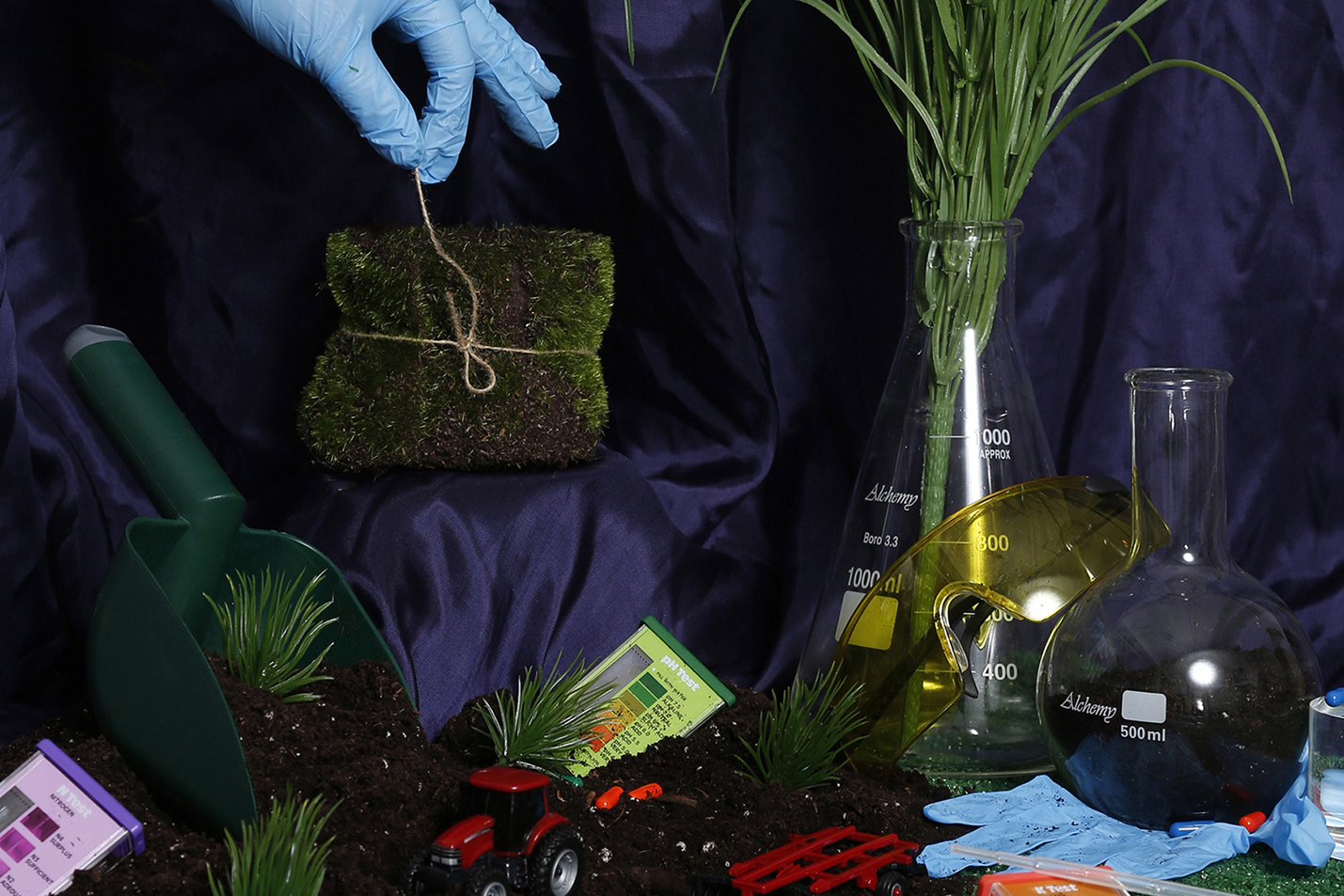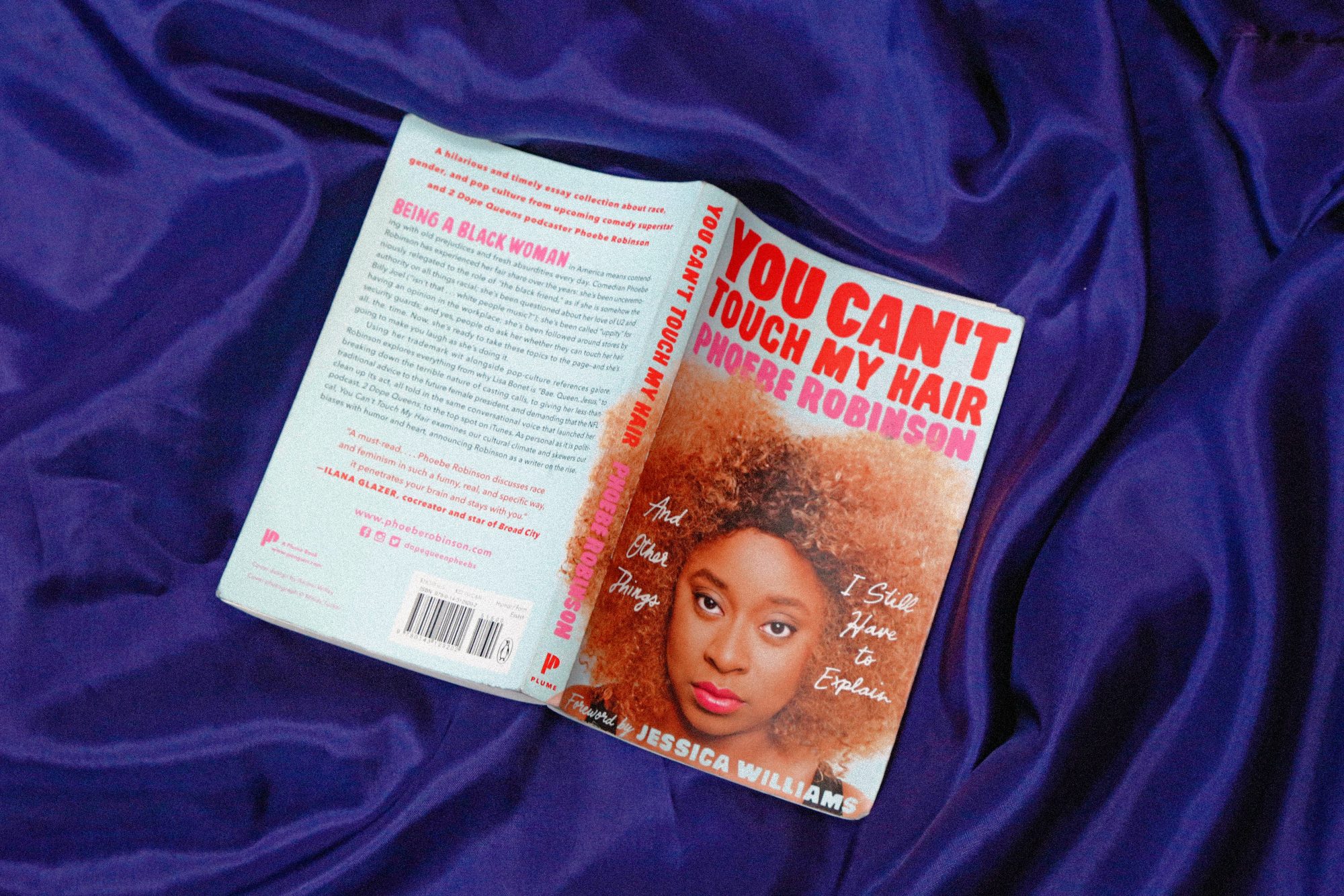Photo Stories
Book Report: I’m Supposed to Protect You From All This

I’m Supposed to Protect You From All This is an intergenerational memoir written by Nadja Spiegelman who combines interviews with her mother and grandmother to establish the truths of their pasts. This memoir acknowledges the blurriness of storytelling, and combines the stories of two eclectic and accomplished women in a tale that unifies a rocky family dynamic.

The narrator, Nadja reveals early on in the book her struggle to live under the immense pressure of her father, Art Spiegelman- the author of Maus, and her mother, Françoise Mouly- the art director of the New Yorker and basically a caricature for the book, French Women Don’t Get Fat. Nadja struggles with her larger than life parents and cold grandmother. In an attempt to seek some clarity, she interviews her mother and grandmother in New York and Paris, in an attempt to piece together the conflicting stories they have told her growing up, while gaining a better understanding of herself.
Early on, I began to realize this is one of the dozen books I have picked up due to its allure of fantasy. Some people pick up Tolkien or even Harry Potter to be transported to a world of magic and wonder- I pick up books about writers who write about working in coffee shops and living in New York City. Spiegelman writes about growing up in NYC, and drinking late at night in Prospect Park as a teen and sitting in on her mother’s New Yorker meetings. The countless stories revolving around cultured writers sweeps me into this world of pure fantasy, one that I have lost myself to with Just Kids or in multiple narratives in, Tales of Two Cities. Just being born into families rich with cultural capital sends me off immediately. I realize this is problematic- my tendency to pick up books only about lustful writers surrounded by inspiration–and privilege. I had to question what did Nadja have to be protected from? Her Brooklyn loft? Her Paris apartment? Her supportive family? When I was beginning to become disillusioned with this familiar narrative, Nadja introduces us to her grandma, Josée.

Josée is an intimidating woman with conviction, who is impossible to please- think, a french Emily Gilmore. Josée grew up during World War 2 and had a tumultuous relationship with her unfaithful husband who cheated on her multiple times with his patients and nurses. Josée’s tales of sexual assault and multiple DIY abortions had possibly made her immune to pain and unable to express affection. Spiegelman unravels dark stories of the past without tugging at them, and the conversations between granddaughter and grandma unfold before us like Twitter rage. The grandma who Nadja was convinced was always unhappy with her weight or the way she carried herself, was now revealing vulnerable truths about her abusive mother and cold upbringing. We also learn that Nadja’s mother, Françoise – had her own history of sexual abuse and mental illness. Nadja begins to understand why her mother and grandmother’s relationship had been so divisive. Nadja, Françoise and Josée end up in Paris, where old wounds still burn, but are met with understanding and dialogue. Oh, and a not to mention Risotto and spa-filled trip to a private Italian island.

Old reservations about their relationship seem to dissolve with communication. Although my family does lead this kind of telenovela life, I think not holding grudges is an important take away from this memoir. Exercising healthy communication with family or people you have grown apart from and trying to understand their perpsective is necessary during these trying times. Engaging in healthy online or real life dialogue that benefits people and highlights a plan of action can spark conversation with unlikely peers and can question them to think differently. This book taught me that it is necessary to understand our history in order to move forward. Your path to discovery may not be filled with swanky Parisian dinners, but it is worthwhile to try to sit down and discuss generational differences with family. Constructive discussion can go a long way. At this point, anything helps.



































